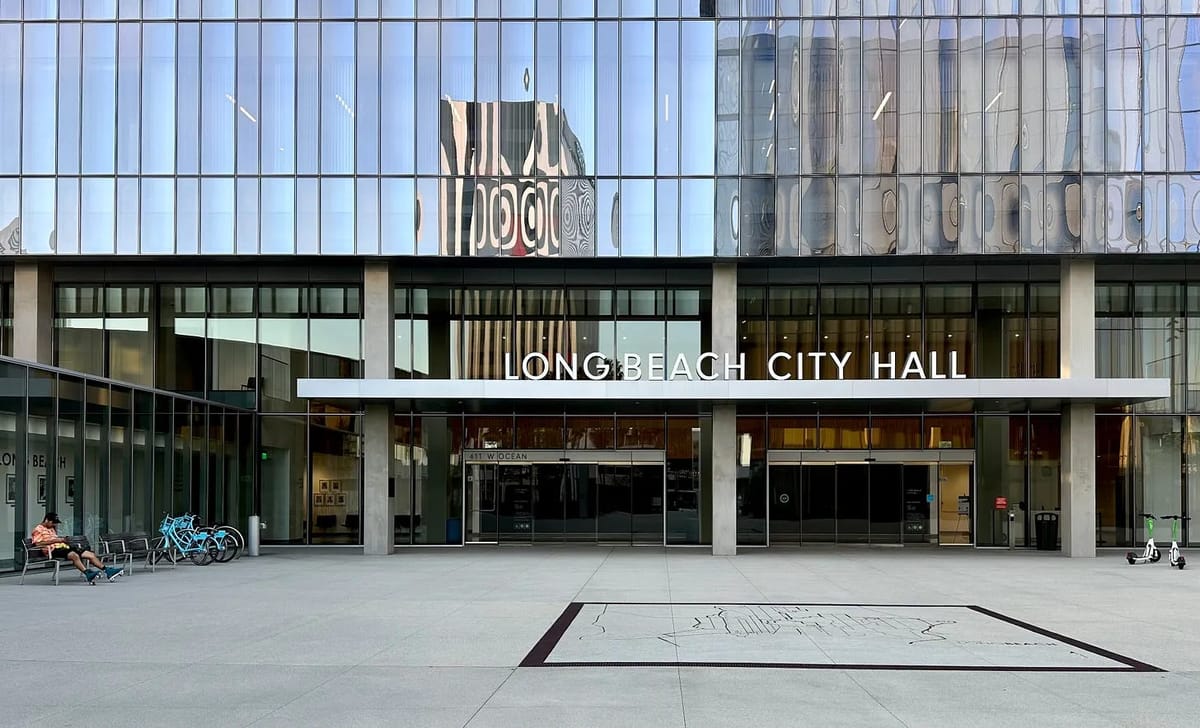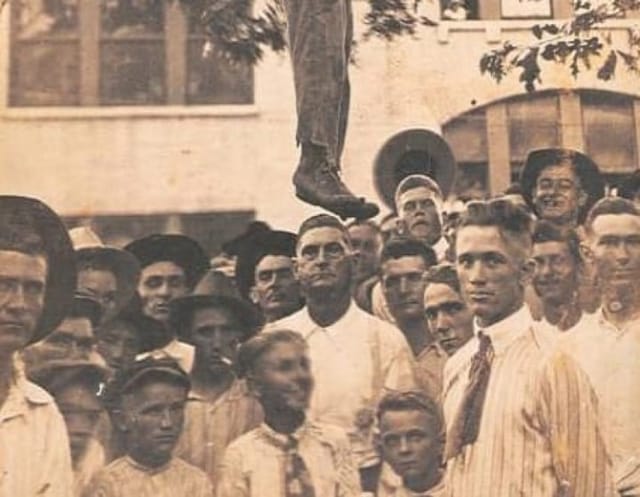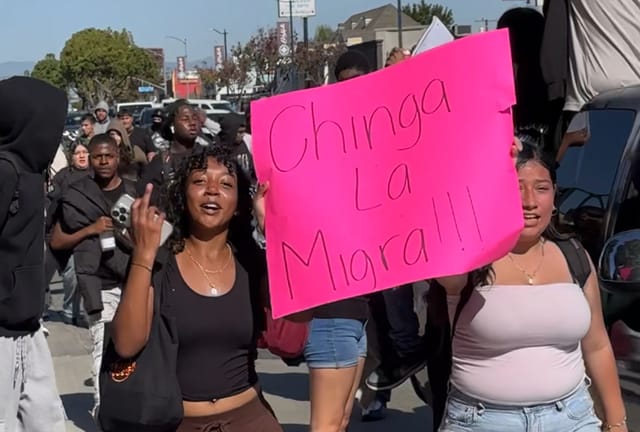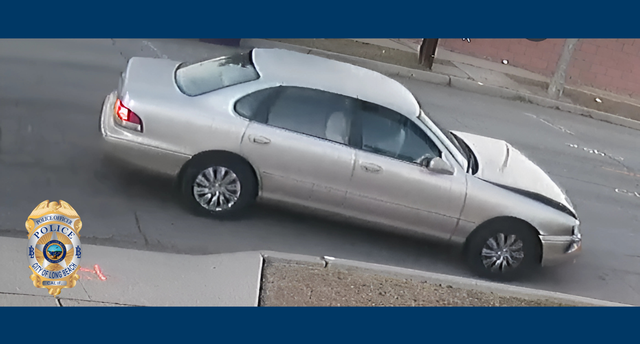Critically Speaking: You can be racist at public meetings
The First Amendment protects a lot of things including hate speech.

I’ve been to a lot of meetings over the last 12 years and I can tell you that I’ve heard numerous wild things uttered during public comment.
There was a man who routinely showed up to council meetings to foretell the Federal Bureau of Investigation’s crashing through the windows of old City Hall to arrest the mayor and others whom he alleged had colluded with now-Vice President Kamala Harris to embezzle millions through a bathroom project at Marine Stadium.
Mr. Goodhue is no longer with us and it will be a shame that he won’t get to see that happen if the day ever comes.
Then there was the brief period of time around 2016 when an astroturfed activist wearing a Make America Great Again hat was finally kicked out of a meeting after threatening to shoot someone. You can be removed for threats of violence.
But in terms of overt vulgarity, Long Beach public meetings are pretty tame when you compare them to the Los Angeles County Board of Supervisors meetings which has a Batman mask-wearing regular who regularly peppers the N-word and other slurs into his allotted three minutes.
Jason Ruiz has been on strike from the Long Beach Post since March 21, yet he’s still covering city hall without pay. Thank him for his reporting.
But the City Council will soon be considering adopting a new resolution that deals with “hate speech.” But it’s protected under the First Amendment, especially in a government setting like a public meeting.
My ears perked up Tuesday night as the discussion unfolded because I wasn’t clear if the council was asking for a remedy — a way to remove someone — for being vulgar or if it was seeking something else.
Maybe it was my trauma kicking in from being forced out of a meeting last year when the council lost control of the room filled with pro-ceasefire protestors and cleared the room of everyone, even those who were quietly typing on their laptops like I was.
I was able to connect with City Attorney Dawn McIntosh who quickly clarified the forthcoming resolution is about the council taking a stance and condemning hate speech, not trying to regulate it.
Legally they can’t, no matter how much grief they catch from constituents.
“The council is not letting it happen, the council is obligated to let it happen,” McIntosh said of hateful public comments. “They can’t control that speech.”
Council meetings are considered “limited public forums, which means they can limit how much time you get to speak and require you to stay mostly on topic.
That means you can use the most colorful language imaginable when addressing the council about potholes as long as there are roads on the agenda. The law provides you even wider latitude when it’s “general public comment” time because you can curse about literally anything the city has jurisdiction over.
But the government can’t tell you what you can and can’t say within those lines.
David Loy, the legal director for the First Amendment Coalition, said that higher courts have continued to affirm the right to free speech and pointed to the 1971 case “Cohen v. California” where the U.S. Supreme Court overturned a conviction of a man prosecuted for wearing a “F*&# the Draft” jacket to the courthouse.
“They’re entitled to have an opinion and say ‘we deplore, we disagree with X,’” Loy said.
“That’s their position, they’re free to take it,” he continued. “But what they cannot do is regulate speech based on its viewpoint.”
That means that the mayor or a council member can’t cut the mic off on people for simply being rude, vulgar or even giving a Nazi salute. They could refer to the resolution that they're asking the McIntosh’s office to write.
What’s expected to come back to the council for a vote is more symbolic than anything. It could be something that is read aloud before each meeting or simply printed on the agenda packet.
You could think of it like those signs outside of the grocery store that state the company doesn’t endorse the opinions or motivations of solicitors. But the government is more limited in when it can remove people than your local Ralphs.
So, please be nice.
What happened this week
The City Council wants to expand the city’s law that requires developers to include a certain amount of affordable units in new construction projects. The law currently only applies to Downtown and a stretch of Long Beach Boulevard and requires 11% of units to be for very low-income households. This week, a council committee was shown three options for how to expand it citywide including a hybrid proposal that city staff is recommending that would require lower-income units to be built into projects in more affluent parts of town and middle-income units to be built in “lower resource areas.” You can read more about the proposals here.
Something to keep an eye on
Last week I wrote about the potential tax increases that the City Council could ask you to vote on in November and this week we got a better look at what proposals might actually be viable. I say “viable” because the city typically won’t waste money on putting a tax proposal, or any other measure, on the ballot unless they think it has a good chance of winning. And in California, a general tax measure needs over 50% of the vote to be approved. Tuesday night, city management talked about survey results from residents who were polled about the four options that city officials are looking at and only one polled over 50%. Unsurprisingly, requiring two power plants to start paying a city utility tax — which they’ve been exempt from for decades — had the most support. That measure would only affect the power plants and not Long Beach residents. However, the city is doing another round of polling to see how the wording of potential measures might affect peoples’ level of support. Stay tuned for that.
Support real Watchdog journalism in Long Beach.
PREVIOUS
Critically Speaking: Oil is not part of Long Beach's future
Jason Ruiz • Jun 7, 2024

Long Beach is an oil town. I should say, it will be for a few more years, but its status as one of the largest producers of “black gold” in the state has been waning. Eventually, the oil will be tapped out and a pending state law threatens…
Read full story →
We need your support.
Subcribe to the Watchdog today.
The Long Beach Watchdog is owned by journalists, and paid for by readers like you. If independent, local reporting like the story you just read is important to you, support our work by becoming a subscriber.





